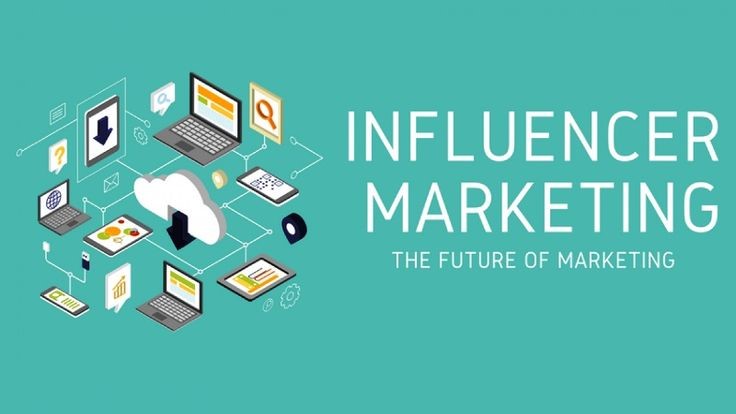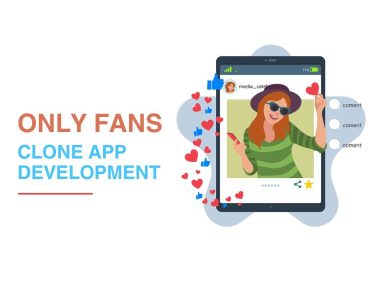In the ever-evolving landscape of digital marketing, Influencer Marketing continues to be a robust and dynamic strategy. As we step into 2024, several new trends and innovations are shaping the way brands collaborate with influencers to reach and engage their target audiences. This article explores the latest developments in Influencer Marketing 2024, providing an informative overview for marketers looking to stay ahead of the curve.
The Rise of Micro and Nano-Influencers
One of the most notable trends in Influencer Marketing 2024 is the increasing focus on micro and nano-influencers. Unlike their macro counterparts, who boast millions of followers, micro-influencers (10,000 to 100,000 followers) and nano-influencers (1,000 to 10,000 followers) offer a more personalized and authentic connection with their audience. Brands are recognizing that these smaller influencers often have higher engagement rates and more trust among their followers. As a result, they are becoming a preferred choice for campaigns that aim to build genuine relationships and drive meaningful interactions.
AI and Data-Driven Campaigns
Artificial Intelligence (AI) and data analytics are revolutionizing Influencer Marketing in 2024. AI tools are now capable of identifying the best influencers for a brand based on a range of metrics, including engagement rates, audience demographics, and past campaign performance. These tools can also predict trends and measure the impact of influencer collaborations with greater accuracy. By leveraging AI, marketers can optimize their campaigns, ensuring they reach the right audience and achieve their desired outcomes.
Authenticity and Transparency
In 2024, authenticity and transparency remain paramount in Influencer Marketing. Audiences are increasingly skeptical of overly polished and scripted content. They crave genuine interactions and real-life experiences. Influencers who share their true selves, including their challenges and vulnerabilities, are more likely to resonate with their followers. Additionally, transparency in sponsored content is crucial. Clear disclosure of partnerships helps maintain trust and credibility, which are essential for long-term success.
The Emergence of Virtual Influencers
Virtual influencers, computer-generated characters that exist solely in the digital realm, are gaining traction in 2024. These virtual personalities can be designed to align perfectly with a brand’s image and values. They offer a unique advantage: complete control over their actions and behavior, eliminating the risk of scandals or unpredictable behavior associated with human influencers. Brands like Lil Miquela and Shudu have already demonstrated the potential of virtual influencers, and this trend is expected to grow in the coming years.
Short-Form Video Content
Short-form video content continues to dominate social media platforms, and Influencer Marketing 2024 is no exception. Platforms like TikTok, Instagram Reels, and YouTube Shorts are ideal for quick, engaging content that captures the audience’s attention. Influencers are leveraging these formats to create viral challenges, tutorials, and behind-the-scenes glimpses. Brands that can effectively collaborate with influencers on short-form video content are likely to see increased engagement and brand awareness.

Niche Communities and Platforms
While mainstream social media platforms like Instagram, YouTube, and TikTok remain essential, 2024 sees a shift towards niche communities and platforms. These specialized spaces cater to specific interests and demographics, allowing brands to target highly engaged and relevant audiences. Platforms like Twitch for gamers, Clubhouse for audio content, and Substack for newsletters are gaining popularity. By partnering with influencers on these niche platforms, brands can tap into dedicated communities and achieve more targeted marketing.
Long-Term Partnerships
In 2024, brands are moving away from one-off influencer collaborations in favor of long-term partnerships. Building sustained relationships with influencers allows for more authentic and consistent messaging. It also enables influencers to develop a deeper understanding of the brand, resulting in more genuine endorsements. Long-term partnerships can create a sense of loyalty and trust among the influencer’s followers, leading to better overall campaign performance.
Social Commerce Integration
Social commerce, the integration of e-commerce with social media platforms, is a game-changer for Influencer Marketing 2024. Features like Instagram Shopping, TikTok’s in-app shopping, and Pinterest’s shoppable pins make it easier for influencers to drive direct sales. Influencers can now showcase products and provide seamless shopping experiences within their content. This trend not only boosts sales but also enhances the overall customer experience by reducing friction in the purchasing process.
Emphasis on Diversity and Inclusion
Diversity and inclusion are no longer optional in Influencer Marketing 2024; they are essential. Brands are increasingly prioritizing partnerships with influencers who represent a wide range of backgrounds, cultures, and perspectives. This approach not only reflects the values of modern consumers but also helps brands connect with diverse audiences. Authentic representation and inclusive messaging are key to building trust and loyalty in today’s market.
The Impact of Regulatory Changes
Regulatory changes continue to shape the Influencer Marketing landscape. In 2024, stricter guidelines and regulations are being enforced to ensure transparency and protect consumers. Influencers and brands must adhere to clear disclosure requirements for sponsored content. Additionally, data privacy regulations are becoming more stringent, impacting how influencers collect and use audience data. Staying compliant with these regulations is crucial to maintaining trust and avoiding legal issues.
Conclusion
Influencer Marketing 2024 is characterized by innovation, authenticity, and a focus on building meaningful connections. The rise of micro and nano-influencers, the integration of AI and data analytics, and the emergence of virtual influencers are reshaping the industry. Short-form video content, niche communities, and social commerce integration are driving engagement and sales. Long-term partnerships, diversity, and regulatory compliance are essential for success in this dynamic landscape.
As brands navigate these trends and adapt to the evolving digital environment, they can leverage Influencer Marketing 2024 to create impactful and authentic campaigns that resonate with their target audiences. By staying informed and embracing these new developments, marketers can ensure their strategies remain effective and relevant in the ever-changing world of influencer marketing.




